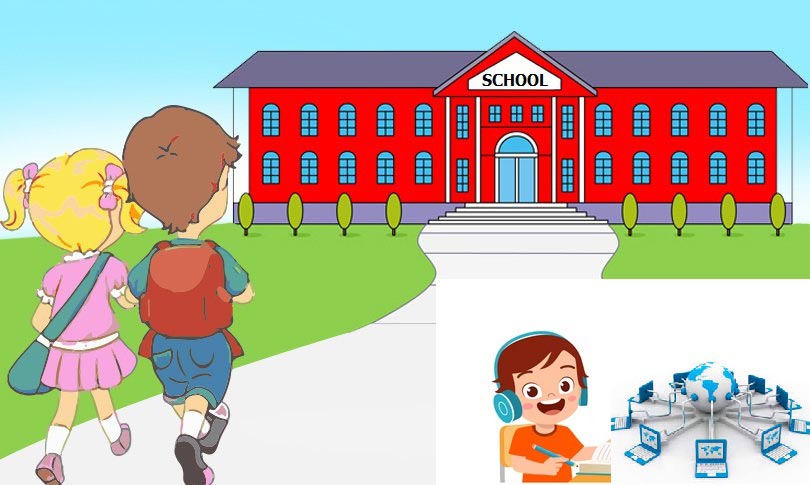
The right to compulsory and free education is guaranteed to citizens under Article 31 (2) of the Nepalese Constitution. However, a study conducted by Action Aid Nepal found that most public schools are not actually providing free education. The study was based on the views of 35 public school principals, student parents, local public representatives, and others, and it revealed that public schools charge fees under one guise or another. The study was based on the ten education rights that should be guaranteed to children, including the right to compulsory education, a fear-free environment, safe and adequate educational and material infrastructure, and quality education.
Dr. Pramod Bhatt of Tribhuvan University stated that the national level civic education report is based on the school level civic education report for each school. According to Dr. Bhatt, it was found that schools charge fees in different ways, making it difficult to achieve 100% free education. The study revealed that around 3% of schools from 1st to 5th grade and 10% of schools from 6th to 8th grade and 9th to 12th grade are not free.
Educationist Prof. Dr. Vinay Kusiat pointed out that while the government has made free textbooks, examination fees, and scholarships available, it is not enough to make education completely free. Students are still required to pay for uniforms, lunches, bags, and other stationery, which adds to the burden of the families. Prof. Kusiat suggests that the government must invest twice as much if it wants to make basic education truly free, as more money is needed for teacher compensation. The study found that there is an imbalance of teacher-student ratios in most schools, with some schools having fewer students and more teachers and others having more students but less teachers. This affects the quality of education as it is difficult for teachers to manage larger classes, leading to a decline in student learning. Prof. Kusiat suggests that the government should adjust the teacher-student ratio by merging schools.
Another issue highlighted in the study is the lack of basic first aid facilities in 94% of public schools, which puts students at risk of injury. The study also revealed that only 6% of public schools have basic first aid systems in place. Additionally, 26% of public schools do not have separate toilets for female students, which is a violation of their rights. Finally, the study showed that 61% of school principals are working without leadership training, which is necessary to provide effective leadership in schools.
The study highlights several challenges faced by the Nepalese education system, including the inadequate provision of free education, imbalanced teacher-student ratios, lack of basic first aid facilities, and lack of female-friendly toilets. The government must take these challenges seriously and work towards addressing them in order to ensure that every child has access to quality education in Nepal.
Key Finding:
- The Nepal's Constitution states that citizens have the right to receive compulsory and free education up to the basic and secondary levels.
- However, a study conducted by Action Aid Nepal shows that most public schools in the country charge fees in some form or another, violating the constitutional right to free education.
- The study, based on surveys of 35 school principals, parents, and representatives, found that about 3% of primary schools, 10% of middle schools, and 10% of high schools do not provide free education.
- Educationists argue that the government needs to invest twice as much in education to make it completely free, as additional funding is needed for teacher compensation and to improve the teacher-student ratio.
- The study also revealed inadequate infrastructure and facilities in public schools, with 26% lacking separate toilets for female students and 94% lacking basic first-aid systems.
- Additionally, 61% of school principals are found to be working without leadership training, which affects the quality of education being provided.
These findings highlight the need for the Nepal government to take immediate action to address the issues in the public education system and ensure that citizens are able to exercise their constitutional right to free and quality education.





